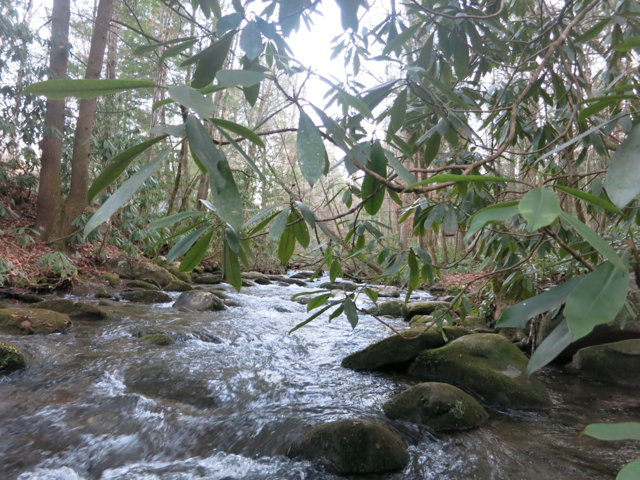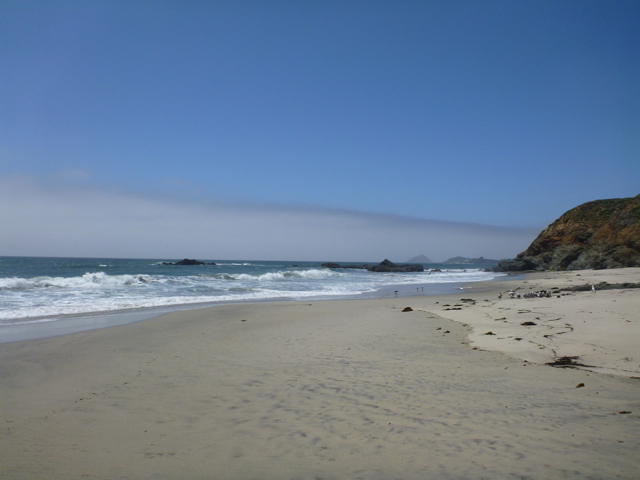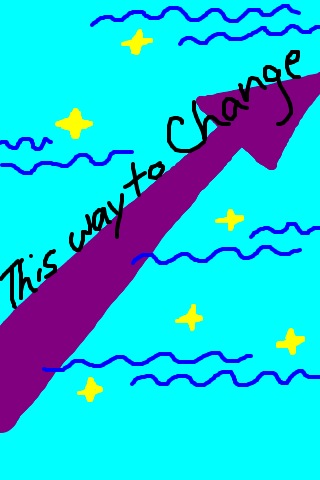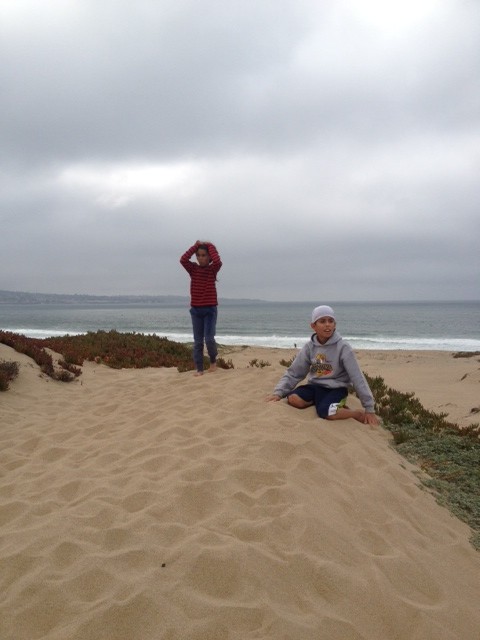Over 43 million dogs live in homes around the United States. I personally own three of those. Kathleen Prasad, Reiki master and owner of Animal Reiki Source, calls pets our animal teachers, but I had my doubts. My less-than-impressive chihuahuas did not seem likely candidates for imparting wisdom. Then, one day, I found myself explaining the five Reiki precepts to a friend by using Chaim, Nati and Percy as an example. Turns out, they have a lot to teach, and I have a lot to learn.
1. For Today Only, Do Not Anger
I never get really angry, or rather, I should say I rarely realize that I am angry. I fear anger, and so I often bury it deep beneath the surface where, unrecognized and mishandled, it turns into hopelessness and despair.
During our walks, the puppies get mad at every passing dog. They turn into a raging whirlwind of blood-thirsty canine storm. I drag them forward, ashamed of my inability to control them, and just like that, with the other dog left behind, they are little angels again. They never hold a grudge. They never stay angry for more than a second. They are experts at living in the moment and letting go.
2. For Today Only, Do Not Worry
Worry lines crease my forehead permanently now. I constantly worry about the children’s well being. I worry about the future, and I worry about the past. Even telling myself, “Just for today, do not worry,” does not quite do the job.
The puppies get worried too. You should see Chaim’s little face whenever he sees me pack a bag. He knows that I am about to go away, and his eyes follow me as I move about the room, seeming to ask: “Must you go?” Sometimes he stays sad for a little bit after I leave, but he is a cheerful little creature, like the other two, and he soon lets go his worries in his other responsibilities as a dog: keeping the house safe from passers-by and UPS deliverymen.
3. For Today Only, Be Humble
Every time I dread meeting someone or am afraid of what my performance will be like, I can feel my ego stretching to take control. Perhaps I ought to retreat back into my turtle shell, it suggests. But I remind myself: Be Humble. Be ever ready to embarrass myself.
For the puppies, humility com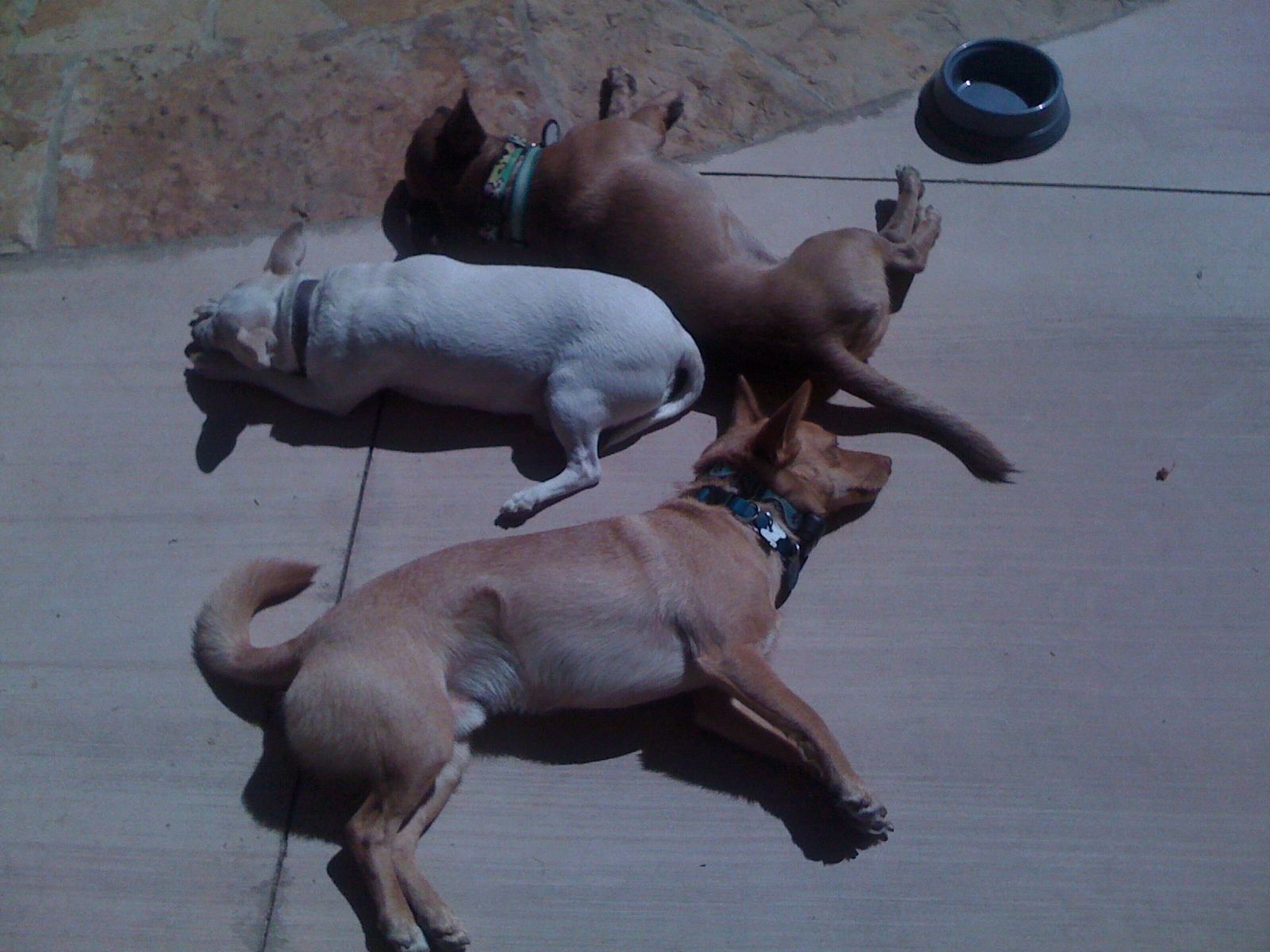 es naturally. They beg for food. They lie on their backs, exposing their bellies in hopes of a petting. They do not imagine that they are a lion (except when they meet a bigger dog) or that they can defeat the world. They have no ego about success or failure. They simply know they are who they are, and it’s ok.
es naturally. They beg for food. They lie on their backs, exposing their bellies in hopes of a petting. They do not imagine that they are a lion (except when they meet a bigger dog) or that they can defeat the world. They have no ego about success or failure. They simply know they are who they are, and it’s ok.
4. For Today Only, Be Honest in Your Work
Every morning I groan with the thought of the chores awaiting me. I need to put away the dishes, clean the chicken coop, make dinner. If only I had a Mary Poppins magical umbrella, or better yet, a wand! Sometimes I finish everything that needs to be done, and sometimes I’m just too tired, lazy or distracted, and those chores are left for another day.
The puppies, in contrast, are always honest in their work. You will never hear them say, “I already got up twice today to bark at people walking down the street. Now it’s your turn.” They are never too tired or busy to come to the door when I arrive. Chaim jumps up and down, Nati dances the hula on his back legs, and Percy runs around in circles. Every. Single. Time.
5. For Today Only, Be Compassionate to Yourself and Others
I love this precept. I’ve engraved it on my heart and try to live by it. But being compassionate, especially to myself, does not come naturally to me. At first reaction, I am often critical, judgmental, or simply not in the mood to be understanding, and sometimes even after I remind myself to be compassionate, I just cannot.
Compassion truly defines what it means to be a dog. Unlike us humans, dogs are always compassionate to themselves. They live by their needs and inner motivators: “I need, therefore I am.” They are ever compassionate to us too. Even when I least like myself, my dogs still love me. They love me happy, and they love me sad. They even love me when I’m mad at them. They simply are a compassionate body, mind and heart.
A children’s poem titled “Loyalty,” by an unknown poet, reads:
You can’t buy loyalty, they say,
I bought it, though, the other day.
You can’t buy friendships, tried and true,
Well just the same, I bought that too.
I made my bid and on the spot
Bought love and faith and a whole job lot
Of happiness, so all in all
The purchase price was pretty small.
I bought a single trusting heart,
that gave devotion from the start.
If you think these things are not for sale,
Buy a brown-eyed puppy with a wagging tail.
I did not buy my puppies. All three are rescues. The loyalty, friendship and love came built-in their little bodies. Usui Mikao called the Reiki ideals the secret to health and happiness, and I have my three canine teachers to show me the way.

